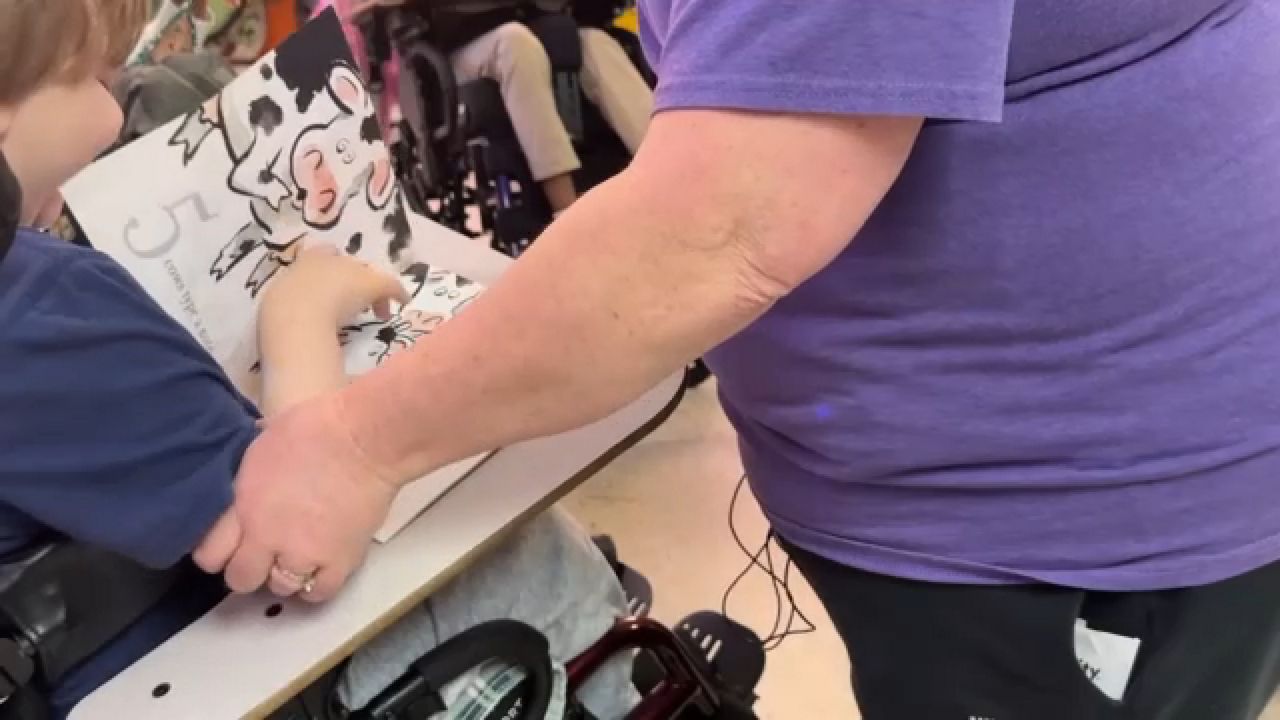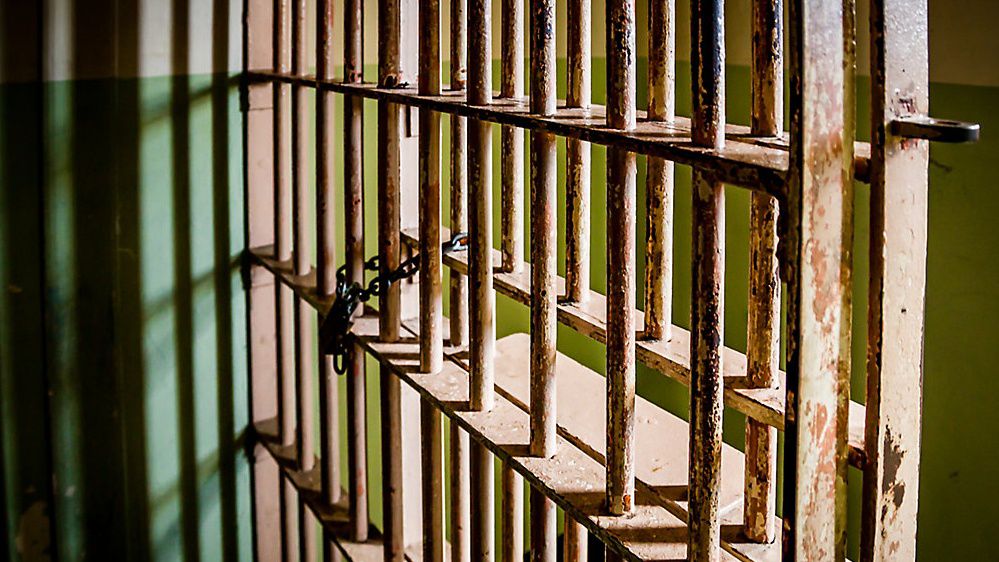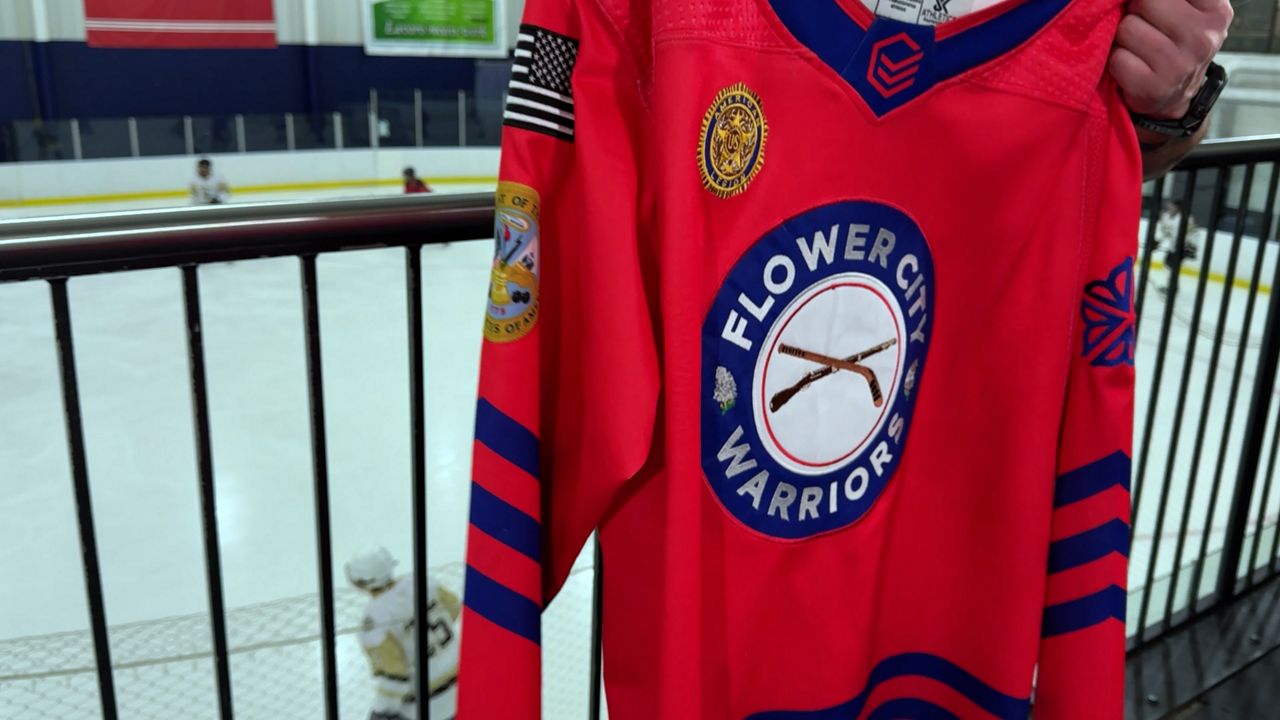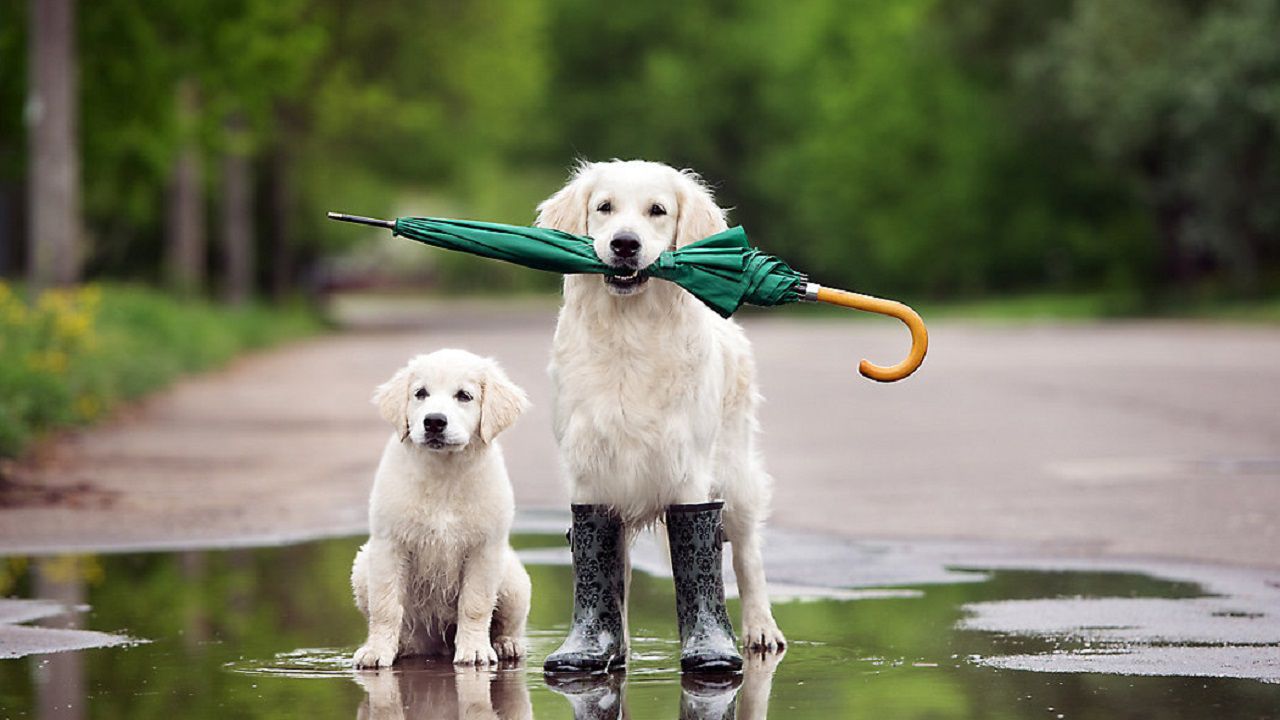ROCHESTER, N.Y. — Although New York legalized recreational marijuana in March 2021, it will be a while before New Yorkers are able to obtain licenses and start their own businesses.
A Rochester man who is looking to get into the cannabis industry believes this can hurt the chances of people from Black and brown communities that have been most hurt by marijuana drug laws of succeeding in the business.
Kiah Nyame is interested in obtaining several licenses within the cannabis industry.
"Well, I’m looking to get to cultivation, processing and dispensary," Nyame said.
He joined the Cannabis Social Equity Coalition-New York State to not have to step into this business venture alone. This organization advocates for those who have been the most harmed by marijuana laws — the African American and Latino communities.
"I have been picked up myself for possession of controlled substance," Nyame said. "Mostly everybody I knew at some time or another had an issue with the government or law enforcement concerning marijuana."
The problem for him, and anyone else interested in getting into the industry, is that New Yorkers aren’t allowed to obtain any licenses related to the cannabis industry until the Cannabis Control Board outlines its regulations — which isn’t expected to happen until mid-2023.
Nyame says that worries him because those who already operate medical dispensaries can produce their own product.
"[We’re] not on the same playfield," Nyame said. "By the time 2023 arrives, you’re going to be at least two and half years behind. Because really, the way the law is set up, we can’t do anything until the licenses are provided. You know, there is not much we can do. We can’t grow. We can’t process, if it’s kind of illegal for us to do that."
When New York legalized recreational marijuana, it also included a provision to grant communities disproportionately impacted by marijuana drug laws priority to licenses and community reinvestment.
Nyame says the Cannabis Social Equity Coalition plans to work with state lawmakers to pass legislation to hand out provisional licenses to give people a chance at a head start
"If there is already earmarked money for these communities, knowing they don’t have that type of capital on hand, for the most part, then that’s why we are asking for the provisionals," Nyame said.
Nyame hopes more people in the Black and Latin American communities realize the opportunities that the legalization of recreational marijuana represents.
"To be able to leave that legacy for my family in a way that not only heals the aches and pains that I took from being involved with cannabis, marijuana, in my younger days, but now to be able to have grandchildren that can take advantage of what we build to continue if they do choose," Nyame said.
Spectrum News 1 has reached out to the Office of Cannabis Management and has yet to hear back.









